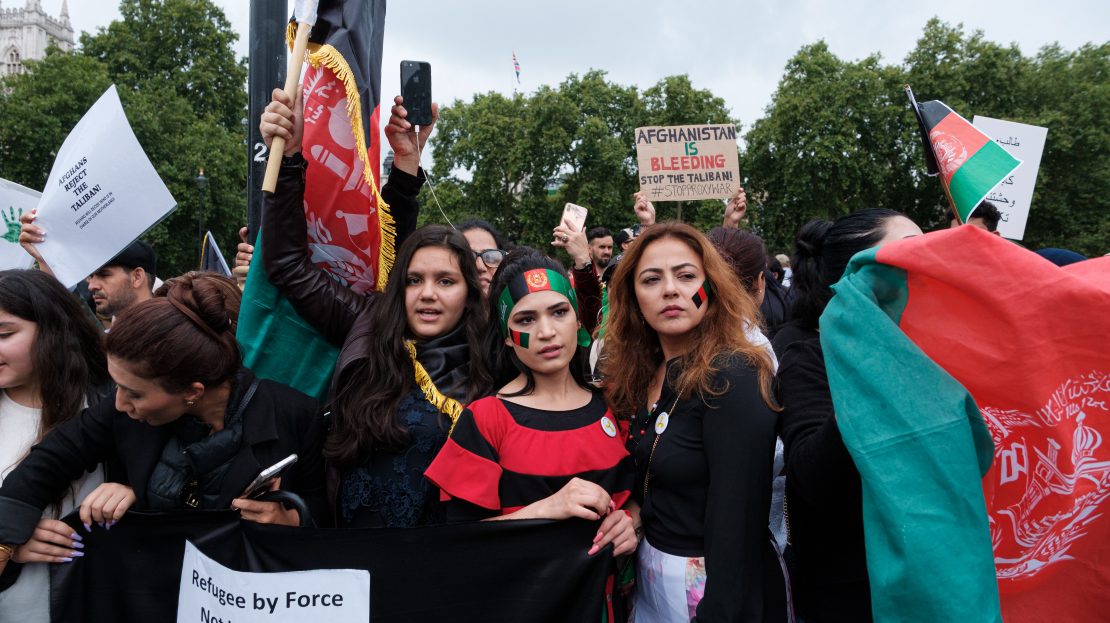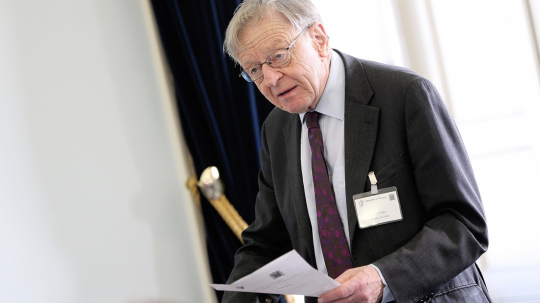In total, more than 400 unaccompanied children have gone missing under while under the care of the Home Office. The government has faced growing concerns from both peers and charities regarding the safety of these children; but what is being done to find them?
Who is responsible for the safety of missing unaccompanied children?
For years, the responsibility of the safety and housing of unaccompanied children has been bucked to and from the Home Office and local authorities. However, in recent months that tension has come to a head with two major judgments passed which found local authorities to be acting unlawfully in refusing to accommodate unaccompanied children.
In June 2021, Kent county council declined to provide care for any more unaccompanied children. The council stated that they could not accommodate a growing number of unaccompanied children and passed their obligation to accommodate, to the Home Office. Since then, the Home Office has taken responsibility for housing unaccompanied children.
In June 2023, a senior judge Mrs Justice Lieven ruled in favour of granting unaccompanied full protection under the Children Act 1989, as they are likely to be children ‘in need’. Then, in July, Mr Justice Chamberlain maintained that Kent County Council was and is still acting unlawfully in refusing to accommodate and look after all unaccompanied asylum-seeking children in their area.
The High Court found that a secret agreement made by Kent County Council and the Home Secretary to formalise and normalise their treatment of unaccompanied asylum-seeking children was unlawful because it sanctioned a cap on the maximum number of unaccompanied children that Kent County Council would accept – discharging it’s duties under the Children Act 1989.
The children’s rights charity, Article 39, has maintained that the Home Office has no power to house children, and that they should be looked after by local authorities, coinciding with the Children Act 1989. Carolyne Willow, Article 39’s director, stated: “This judgment has brought vital clarity to a wholly unacceptable situation where extremely vulnerable children have been treated as being in ‘legal limbo’, outside the protection of the Children Act 1989.”
Willow continued: “That was a fiction which unforgivably exposed children to serious harm …The Home Office has no power to house children outside the care system, and government should be properly funding and supporting local authorities to meet their comprehensive duties.”
Current safeguard measures are “robust”
On 10 July, when questioned about introducing stronger safeguards for unaccompanied children in the House of Lords, the Parliamentary Under-Secretary of State for Migration and Borders, Lord Murray of Blidworth, said that current measures are “robust”.
Lord Murray stated: “I can confirm to the House that we have robust safeguarding procedures in place, to ensure that all unaccompanied asylum-seeking children are accommodated and supported as safely as possible while we seek urgent placements with a local authority – and I might add that we are determined to stop the use of hotels as soon as possible.”
What is being done to find the missing children?
When questioned on what the Home Office is doing to find the missing children, home secretary Suella Braverman stated that there are currently no accompanied children in hotels. Braverman later clarified that the Home Office is working with local authorities and the police to try and locate them.
"Home Secretary you and I both have children, what would you do if one of them went missing"? Suella Braverman was pressed by SNP Spokesperson and APPG Refugees member @alisonthewliss on what the Government are doing to locate the 154 unaccompanied asylum seeking children still… pic.twitter.com/nrMAEoDoBS
— Refugee Council 🧡 (@refugeecouncil) June 15, 2023
When pressed further on what action the Home Office is taking, Braverman replied: “What I would say is that we actually have no power to detain asylum seeking children in hotels – with respect, it is incredibly difficult generally when it comes to missing persons [if you speak to the police] to find someone who doesn’t want to be found.”
She continued: “However, we take this issue very seriously. When children who are in the UASC category are notified as going missing, we work with the police – sometimes they are located and traced. But there is an intensive and quite extensive package of social work support, local authority support, support workers who are specially trained to look after unaccompanied children – to provide the activities and the wellbeing support to be able to safeguard this particularly vulnerable cohort of people.”





